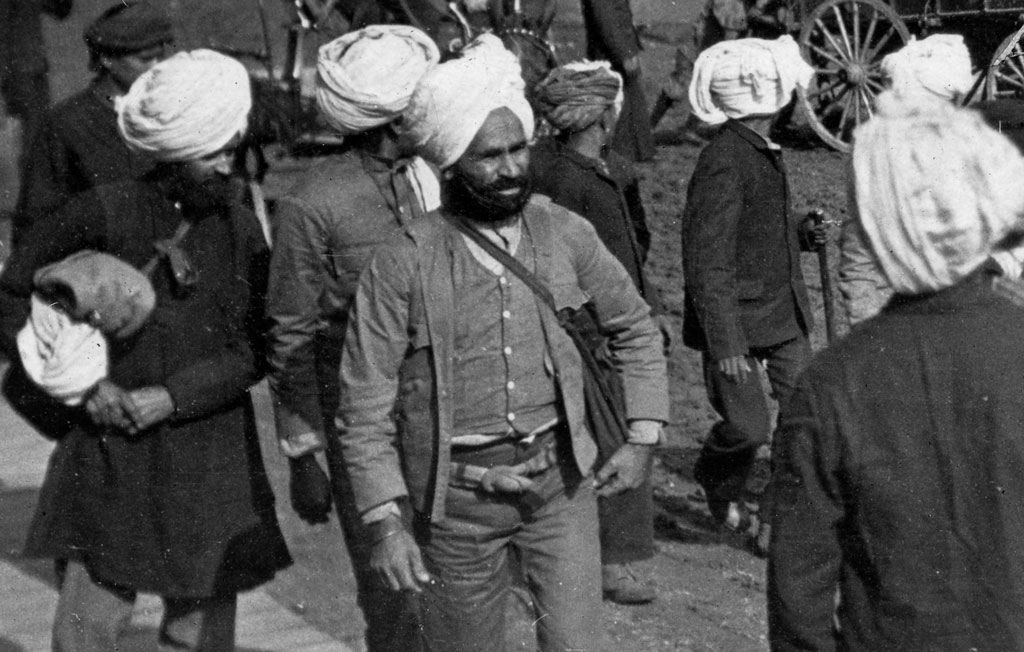
Labour contractors played a major role in the lives of newly arrived immigrants looking for work – not only South Asians, but also Chinese, Japanese and other groups.
Sometimes workers would be recruited in their home country and sponsored to Canada by the contractor themselves; other times, workers met contractors in Canada, quickly learning that labour contractors were the true “boss” for minority communities.
Many of the people who came from India in the beginning of the 20th century did not speak English and relied on contractors to connect them to jobs. The system was exploitative; workers were required to give a portion of their wages to the contractor to whom they became indebted.
Joe Miyazawa, an IWA activist hired to organize Japanese sawmill workers, described the so-called “Tyee system” of labour contractors within the lumber industry in an oral history interview featured in Episode 8 of the BC Labour Heritage Centre’s podcast. [1]
The system was rife with manipulation and open to bribery. Such a story appears in the fictional text, Maluka:
“To get a job these days is like landing a big fish. You need an attractive bait and a strong line. Last night he went to the boss’s house with a bottle of whisky for him and a box of chocolates for the wife. The job surfaced.”[2]
Rae Eddie worked at Fraser Mills from 1922 to 1947 where he became active in the union, and later served as Co-operative Commonwealth Federation (CCF) MLA for New Westminster for 17 years. Eddie was interviewed in 1973 and described how the contractor system worked at Canadian Western Lumber Co. in Fraser Mills:
“There were three distinct townsites at that time [the Chinese, the Japanese and the East Indian], in each case run by a boss of that particular group — like a Japanese boss, a Chinese boss, Hindu boss — they lived there and the boss would collect their wages, take their board off and give them whatever was left. Also, when the company would need a few extra men they would contact one of these bosses and he would supply them with the men. But this is what it was: somebody was exploiting their own countrymen in that respect.” [3].
- Rod Mickleburgh, host. "Uniting Woodworkers Across Ethnic Divides", May 24, 2021, On the Line: Stories of BC Workers (podcast), https://ontheline.buzzsprout.com/1312528/8576491-ep-8-uniting-woodworkers-across-ethnic-divides ↵
- Sadhu Singh Dhami, Maluka - A Novel. (Chetna Parkashan, 1997, 23). Sadhu immigrated to BC at age 16 and began work in sawmills. His novel has been described as partly autobiographical, and the protagonist Maluka, as his "alter ego." ↵
- John McRae Eddie, interview by Cheryl Pierson, sound recording, May 1973. Item AAAB0241, Reynoldston Research and Studies oral history collection, Royal BC Museum ↵
